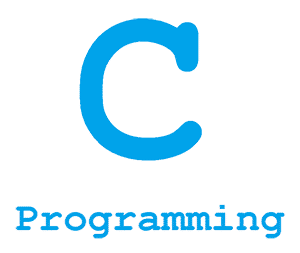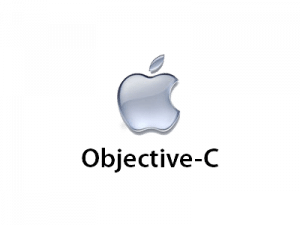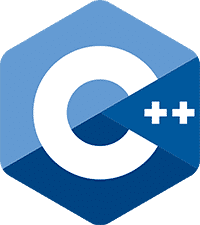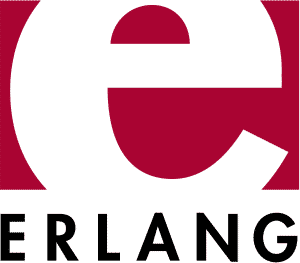Modern technology is far more advanced than what it used to be 3 decades ago. Today, our smartphone has more RAM and processing power than a supercomputer of that time. A lot of smart gadgets and apps are being developed to make our life easier. As time goes on, new technology emerges and others get outdated. But this is not true when we talk about computer programming languages.
As they say, old is gold. Although there are many new programming languages being invented to ease the development, some old languages are still having a very significant impact. They are still preferred in developing applications in different fields. In fact, it will be important that you learn some of them. Here are the top 10 old programming languages that were invented before 1990 and still holds importance.
Top 10 Old but Gold Programming Languages
1. FORTRAN
FORTRAN was the first high-level language that was invented in 1954 at IBM. The name is an acronym for FORmula TRANslation. It was initially designed to translate mathematical formulas into codes. Today, Fortran is being used for coding complex numerical computations and mathematical applications.
2. Lisp
LISP is an acronym that stands for list processing. It is quite an old programming language that was developed in 1959. The programming language was initially designed for the manipulation of data strings. In the modern age, Lisp is actively used for artificial intelligence programming. This is because of the language’s ability to compute using symbolic expressions instead of numbers.
3. COBOL
COBOL stands for Common Business Oriented Language. It is also among the oldest high-level programming languages as it was invented in 1959. The purpose of this language was to create user-friendly business applications. It is used in various environments including businesses, developing administrative applications for companies and governments.
4. C Programming Language
The history of C language dates back to the 1970s. It was invented at the Bells Labs by Dennis Ritchie and its invention was closely related to the development of the Unix operating system.
C is a high-level programming language that is used for different purposes. For instance, it is the most preferred language for developing portable applications and firmware. It is also preferred due to its efficiency in managing resources.
5. MATLAB
Matlab is an acronym that stands for MATrix LABoratory. It was invented in the mid-1970s by Cleve Moler, a seasoned mathematician, and programmer. He invented the programming language to be used by his students for numerical computation.
Matlab is a very efficient language especially when it comes to the technical computations where solutions need to be expressed mathematically. MATLAB is used for developing applications and also coming up with a graphical user interface (GUI).
6. Objective C
Objective C was developed in 1980 by Tom Love and Brad Cox. The goal of this programming language was to encourage programmers to write cleaner and well-structured codes. It is a general-purpose and object-oriented language that is viewed as an improvement to the C language.
Objective C was the main programming language that was used by Apple to program its operating systems(iOS and OS X).
7. C++
The history of C++ dates back to 1979 when it was invented by Bjarne Stroustrup. Like C language, C++ was also developed in the Bells Labs. The aim of C++ was to come up with an efficient and flexible programming language that has powerful features.
To date, C++ remains one of the most used programming languages. It was used in developing operating systems, graphics, games, web programming and even developing other programming languages.
8. Erlang
Erlang is a general-purpose programming language. It is sometimes referred to as Erlang/OTP or just OTP. It is mainly used in a runtime environment because it contains quite a good number of ready-to-use components. Erlang is fault-tolerance and has built-in support for concurrency.
Erlang is used in a wide range of applications. They include Facebook and Whatsapp where it is mainly used to support the chat services. It is also used for developing support nodes in Ericsson devices.
9. Perl
Perl is mainly used to refer to two high-level and dynamic programming languages. These are Perl 5 and Perl 6. Perl has a high text processing capabilities. This explains why it mainly used for writing CGI scripts. To date, Perl is mainly used for extracting information from text files.
10. Python
Python is a general-purpose high-level programming language that was invented in the late 1980s. The programming language was invented by Guido van Rossum. The aim of the language was to create readable codes. Python programming language makes it possible to develop clean codes for both small and big applications.
Today, Python ranks among the most popular old programming languages behind Java and C++. Some of the applications that have been built on Python include Instagram, Google, Facebook, and Wikipedia. This is because it serves as a scripting language for web programming.
These are the ten old programming languages that are still relevant in the modern world.











